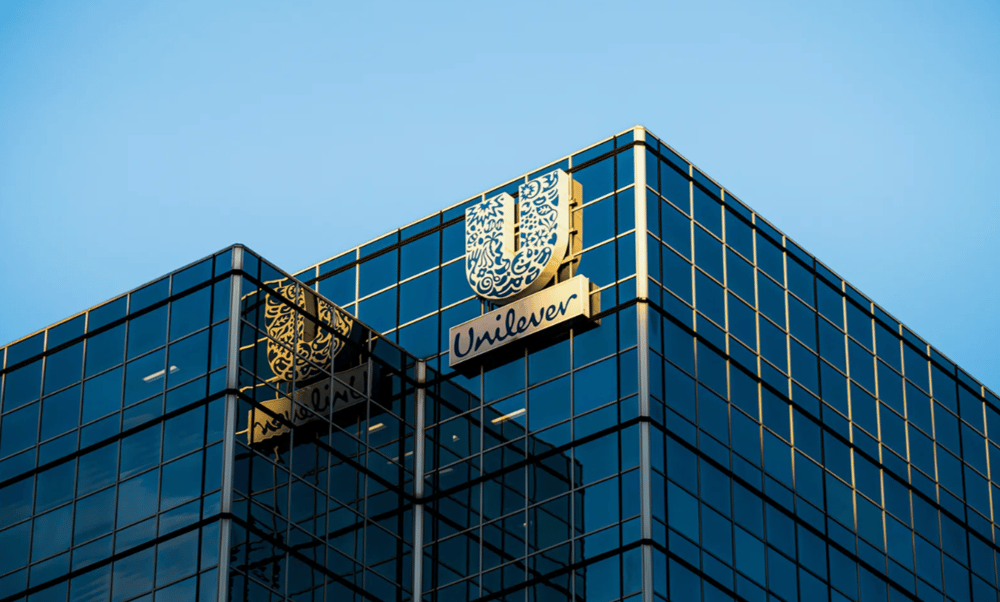

Recent news has placed Unilever $ULVR.L at the center of a heated legal and reputational dispute. The multinational giant has firmly rejected allegations surrounding its handling of a former Ben & Jerry’s CEO transition and contentious social activism. According to statements from Unilever, their offer of a higher role and salary to the former CEO was a genuine attempt at retaining leadership, with the resignation being entirely voluntary.
The unfolding situation involves intricate legal maneuvers. Unilever's legal team has moved to dismiss a lawsuit initiated by Ben & Jerry’s, which alleges that the ice cream maker sought to dissolve its board of directors and curtail certain operations. These measures were tied to the company’s protests against the war in Gaza and outspoken criticism of former US President Donald Trump. Unilever counters that this lawsuit is a deliberate smear tactic by Ben & Jerry’s chairman, Anuradha Mittal. The firm maintains that the activist stance adopted by Ben & Jerry’s, characterized as decisively pro-Palestinian and anti-Israeli, has not only endangered investor confidence but also compromised its reputation.
- Unilever refutes claims of attempting to remove the former CEO
- The company offered a more prestigious, higher-paid position, which was voluntarily declined
- Unilever seeks dismissal of Ben & Jerry’s lawsuit regarding board dissolution and business cessation
- The litigation points to broader conflicts over social activism and its impact on corporate image

1. Unilever extends an offer for an elevated role and salary to the former Ben & Jerry’s CEO.
2. The CEO opts for resignation, leading to emerging claims of a forced exit.
3. A lawsuit is filed by Ben & Jerry’s aiming to overturn alleged internal decisions related to protests and board changes.
4. Unilever counters with legal actions, accusing the ice cream producer of using its activism as a tool to damage the company’s reputation.
The dispute underscores the complex interplay between corporate governance and social activism in today’s polarized market. While Unilever focuses on defending its decisions as strategic and fair, the contrasting narratives highlight the challenges faced when aligning business interests with progressive social causes. The situation is emblematic of broader market tensions where internal leadership disputes and activist stances can influence investor confidence and public perception.
As legal proceedings continue, both Unilever’s approach to leadership transitions and its response to social activism remain under scrutiny. This case serves as a compelling example of how intertwined corporate strategy and social responsibility have become in the global financial landscape.
Innovative investment strategies are laying the groundwork for a future where tech automation thrives